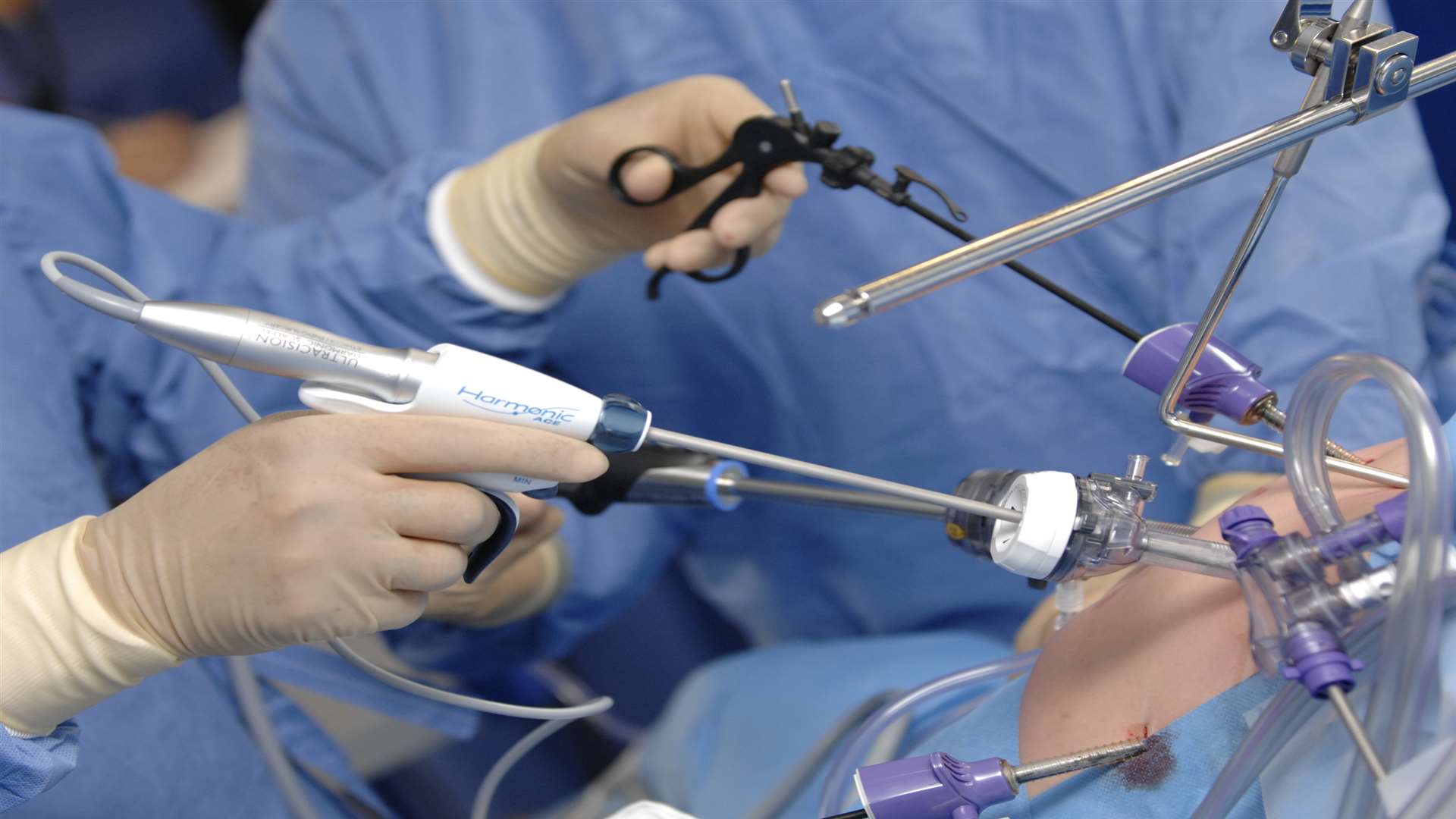Hands on laparoscopic training in India At The Medicity
Get Schedule Course

A Comprehensive Guide to Patient Evaluation Before Laparoscopic Surgery
The premier Hands on laparoscopic training in India offers comprehensive courses and hands-on training in laparoscopic surgery. Tailored for laparoscopy training for gynaecologists in india and surgeons, our fellowship programs provide in-depth knowledge and practical expertise in laparoscopic surgery training courses. Our curriculum covers various aspects, including advanced techniques and procedures essential for laparoscopic surgery. As a top institute specializing in hands-on laparoscopic training, we aim to equip participants with the skills necessary for successful surgical interventions. Join us to experience excellence in fellowship in laparoscopic surgery.
- Medical History Assessment
- Pre-existing Medical Conditions
- Reviewing the patient’s medical history for chronic illnesses, such as diabetes, hypertension, or cardiovascular diseases.
- Evaluating the impact of pre-existing conditions on the patient’s overall health and surgical risk.
- Medication History
- Documenting all medications the patient is currently taking, including prescription and over-the-counter drugs.
- Assessing the potential interactions and complications associated with medications during laparoscopy courses for general surgeons.
- Allergies and Adverse Reactions
- Identifying any known allergies or adverse reactions to medications, anesthesia, or surgical materials.
- Developing strategies to mitigate the risk of allergic reactions during the surgery.
- Physical Examination
- General Examination
- Assessing the patient’s general health, including vital signs, body mass index (BMI), and overall fitness.
- Determining the patient’s ability to withstand the physiological stress of surgery.
- Abdominal Examination
- Conducting a thorough abdominal examination to identify any existing conditions or abnormalities.
- Evaluating the presence of hernias, masses, or other factors that may affect the laparoscopic procedure.
- Cardiovascular and Respiratory Assessment
- Examining the cardiovascular and respiratory systems to ensure the patient can tolerate pneumoperitoneum and prolonged periods under anesthesia.
- Identifying any potential complications related to the cardiovascular and respiratory systems.
III. Laboratory and Diagnostic Testing
- Blood Tests
- Conducting routine blood tests to assess hematological parameters, liver function, and kidney function.
- Identifying any abnormalities that may impact the patient’s ability to undergo laparoscopic surgery.
- Imaging Studies
- Utilizing imaging studies such as ultrasound, CT scans, or MRI to evaluate the anatomy of the abdominal cavity.
- Identifying any anatomical variations or abnormalities that may affect the laparoscopic approach.
- Endoscopy
- Considering preoperative endoscopy to visualize the gastrointestinal tract and identify any pathologies that may influence the surgical plan.
- Discussing the findings with the patient and addressing any concerns.
- Psychological Evaluation
- Patient Education and Informed Consent
- Providing the patient with detailed information about the laparoscopic procedure, potential risks, and expected outcomes.
- Obtaining informed consent after ensuring the patient has a clear understanding of the surgery.
- Anxiety and Stress Assessment
- Evaluating the patient’s psychological well-being and addressing any anxiety or stress related to the upcoming surgery.
- Collaborating with mental health professionals if necessary to support the patient emotionally.
- Special Considerations
- Geriatric Patients
- Recognizing the unique challenges associated with laparoscopic surgery in elderly patients.
- Customizing the evaluation process to accommodate the specific needs and potential risks in the geriatric population.
- Pediatric Patients
- Adapting the evaluation process for pediatric patients, considering their developmental stage and anatomical differences.
- Collaborating with pediatric specialists to ensure a safe and effective laparoscopic procedure.
In conclusion, a meticulous patient evaluation is indispensable before embarking on any Hands-On Laparoscopic Training Centre Healthcare professionals must collaborate closely to gather comprehensive information about the patient’s medical history, perform a thorough physical examination, conduct appropriate laboratory and diagnostic tests, assess the patient’s psychological well-being, and consider special considerations for specific populations. By adhering to a systematic and holistic approach to patient evaluation, surgeons can enhance the safety and success of laparoscopic procedures, ultimately improving patient outcomes and satisfaction.
Related Courses
